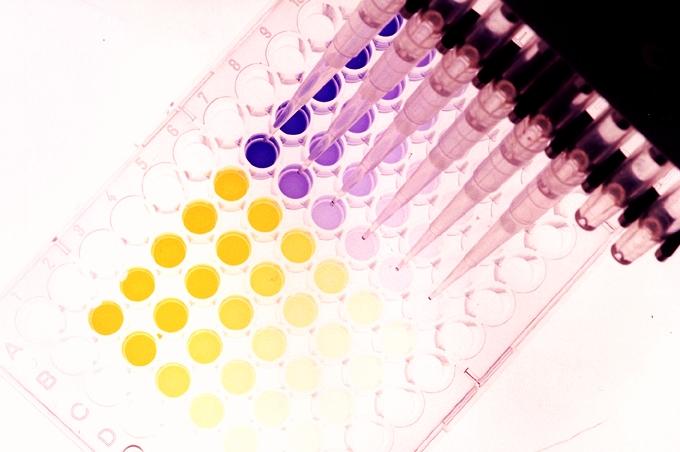
International experts, including JRC scientists, recommend as outcome of special workshop the deletion or replacement of specific animal tests for the quality control of medicinal products, in particular biologicals (e.g. hormones, vaccines, immunoglobulins, blood products).
Due to their complexity of composition and heterogeneity, biologicals undergo legally required quality control (QC) before they are released on the market. Some of these QC tests involve testing on animals. However, legal requirements for the QC are not harmonised at global level, which may lead to unnecessary animal testing. For example, specific animal tests may have been deleted from requirements or replaced by non-animal approaches in Europe, whilst the same animal tests are still required outside of Europe.
In September 2015, the European Partnership for Alternative Approaches to Animal Testing (EPAA) convened an international workshop "Modern science for better quality control of medicinal products: Towards global harmonization of 3Rs in biologicals", which took place in Egmond aan Zee, The Netherlands, to discuss with 45 invited international experts the relevance of current animal tests and the promotion and acceptance of non-animal methods.
In particular, the usefulness of general safety tests (e.g. abnormal toxicity test, target animal batch safety test) has been discussed and participants agreed that these tests are no longer useful to ensure the safety of biologicals for human or veterinary use. Therefore, they recommended their deletion from all legal requirements and guidance documents at a global level.
Workshop participants further addressed batch potency testing of e.g., diphtheria, tetanus and erysipelas vaccines. Potency tests are performed to demonstrate that the given vaccine batch induces protective immunity. It was acknowledged that non-animal methods are now available and should be used provided that they are appropriately validated.
However, some jurisdictions may not accept non-animal tests. Consequently, seeking a common understanding on scientific principles of their use was identified as an overarching goal. Moreover, the development of new non-animal approaches may be an effective means to increase and facilitate international harmonisation.
As an EPAA partner, the JRC contributed to the organisation of the workshop and drafting of the workshop report.
Read more in: Schutte et al 2017. Modern science for better quality control of medicinal products "Towards global harmonization of 3Rs in biologicals": The report of an EPAA workshop. Biologicals. 48:55-65. doi: 10.1016/j.biologicals.2017.05.006
Related Content
Modern science for better quality control of medicinal products “Towards global harmonization of 3Rs in biologicals”: The report of an EPAA Workshop
Details
- Publication date
- 13 October 2017
